How many times in life have you run into somebody who prides themselves on their convictions - as if the intensity with which they believe something makes it true?
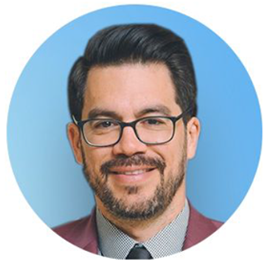
They have fallen into the mental mistake called the "commitment-consistency cognitive bias."
You must avoid this.
The root of all evil in the world is not money, it's not power, it's not greed.
It's conviction... Misplaced belief...
Think about it. In order for money to become a source of evil, the 'evildoer' had to have made a false assumption that led them to take an evil action.
Mother Theresa used money - her foundation raised a lot of money. She believed the money should be used to feed the poor and dying. Her belief dictated her action.
But the dictator, Muammar Gaddafi, also raised a lot of money. He used it to torture and maim people.
Both had money. Money was not the causative factor.
Adolf Hitler was convinced Jews and Gypsies were bad.
Suicide bombers are convinced they are fighting for God.
The flaw is in the conviction.
Now as much as we like to point fingers at evildoers aren't we guilty of the same thing just on a less grand scale?
We hold on to groundless beliefs even after we see evidence that we might be mistaken.
Challenge your beliefs, even the most deeply held ones.
Don't be afraid to reverse directions. There's an old saying, "If you come to the edge of a cliff, sometimes the only way out is backwards."
Leave your current convictions at the door.
You may think you have done this. You are probably wrong.
Nietzsche goes on to say, "Man is very well defended against himself, against his own spying and sieges; usually he is able to make out no more of himself than his outer fortifications. The actual stronghold is inaccessible to him, even invisible, unless friends and enemies turn traitor and lead him there by a secret path."
So What Is The Solution?
If this great philosopher is correct (and I have learned that when super smart people like Nietzsche say something I should default my brain to assuming they are right until proven wrong), then the question becomes...
HOW?
How do you penetrate this "fortress" of your own mind to uncover convictions and beliefs which may be incorrect.
Try this simple formula:
Step 1. Ask yourself "Why" 3 times in a row.
Step 2. Look for disconfirming evidence from friends and enemies (unbiased sources). Try to prove yourself wrong.
Here is an example.
Challenge something fundamental. So if you don't eat meat it would go like this:
Fundamental belief: "I am a vegetarian."
--Why?
Answer: Because I don't believe you should kill animals...
--Why?
Answer: Because it's wrong to kill.
--Why?
Answer: Because uhhhhhhhh???
Why is it wrong to kill? Now the question gets harder to answer and will require moving to step #2: Look for disconfirming evidence.
Now take the opposite stance. What if you could prove that plants were alive or that killing isn't always wrong.
Bestselling author on food, Michael Pollan says:
"Descartes, who believed that only humans possessed self-consciousness, was unable to credit the idea that other animals could suffer from pain. So he dismissed their screams and howls as mere reflexes, as meaningless physiological noise. Could it be remotely possible that we are now making the same mistake with plants? That the perfume of jasmine or basil, or the scent of freshly mowed grass, so sweet to us, is (as the ecologist Jack Schultz likes to say) the chemical equivalent of a scream?"
So you could then argue against your own convictions that maybe humans have to kill to survive (either plants or animals) and maybe your conviction that killing is wrong is untenable.
Now the point of this all is not to talk about whether you should be a vegetarian or not. It's to illustrate how most of us have built our
lives around convictions simply because we inherited them from our parents or our culture.
Those of course are not good enough reasons to believe something.
Culture and parents are rarely accurate.
The great investor, Charlie Munger, gave a speech at Stanford with some amazing insight into the subject:
A. On when to allow yourself to hold a belief:
"I never allow myself to have an opinion on anything that I don't know the other side's argument better than they do...We all are learning, modifying, or destroying ideas all the time. Rapid destruction of your ideas when the time is right is one of the most valuable qualities you can acquire. You must force yourself to consider arguments on the other side." ​
B. On how great thinkers like Darwin got into the habit of trying to prove themselves wrong:
"One of the great things to learn from Darwin is the value of extreme objectivity. He tried to disconfirm his ideas as soon as he got them. He quickly put down in his notebook anything that disconfirmed a much-loved idea. He especially sought out such things. Well, if you keep doing that over time, you get to be a perfectly marvelous thinker instead of one more klutz repeatedly demonstrating first-conclusion bias."
C. On applying this to business and investing:
"Investment should be approached in the same way. When you find a company or idea you like… try and break it down and prove yourself wrong. If you can’t (and as long as you’re somewhat competent), you have a good investment."
Now all this from Nietzsche and Munger might seem overwhelming. You might think, "Tai, I don't want to challenge that belief. What would the world be like if people didn't have convictions and morals?"
My simple answer is that if what you believe politically, spiritually, or morally is worthy of believing, it will stand up to this "Ask 'why' 3 times?" litmus test.
It's like throwing a precious metal like silver or gold into a fire. The dross (non-precious metals) will be burned away. And all you will be left with is pure gold.
You want your brain filled with gold. So ask 'Why?' more and try your best to disprove your own beliefs. You will be better off for it.
Check out this video I just posted on YouTube I did with more insight from Nietzsche that you can use today:
COMMENTS
Best of Tailopez
-
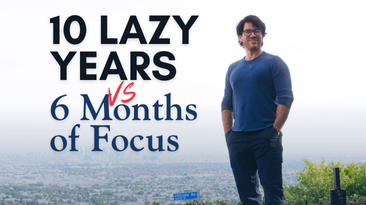 Ten Lazy Years Can Be Erased With Six Focused Months
Ten Lazy Years Can Be Erased With Six Focused Months -
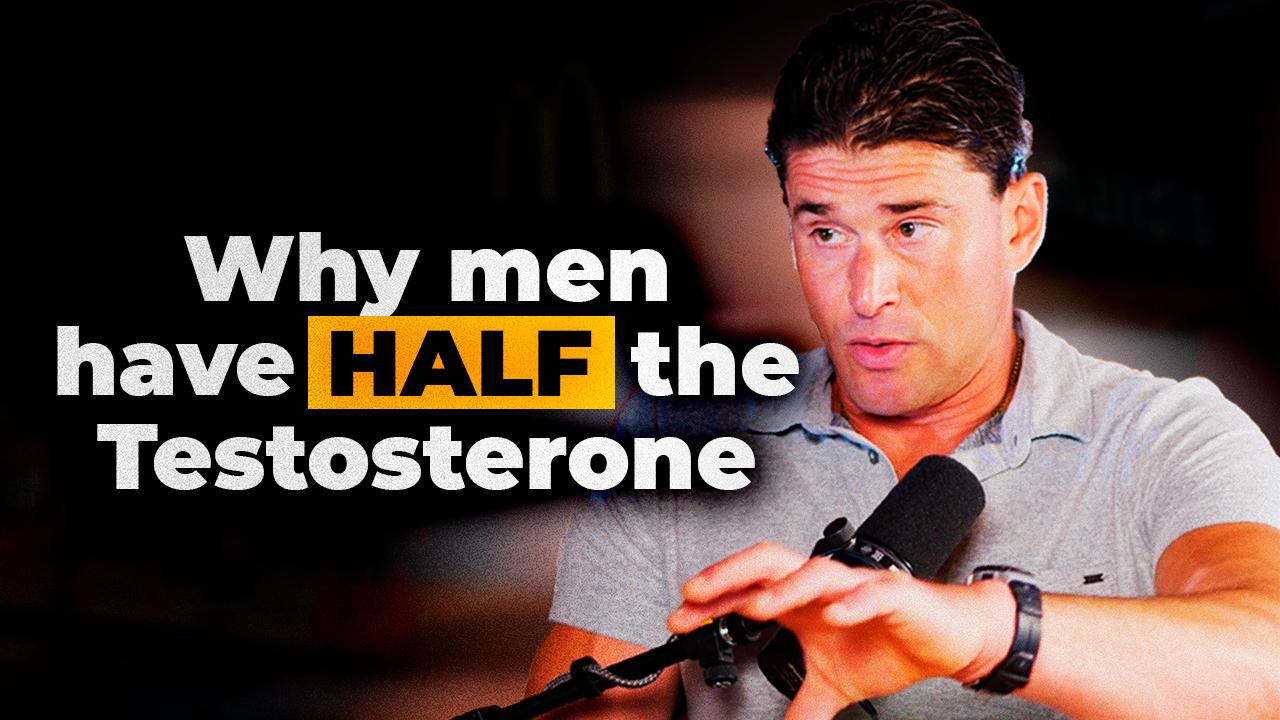 Why Men's Testosterone Is Half Their Grandfather's with Ben Greenfield
Why Men's Testosterone Is Half Their Grandfather's with Ben Greenfield -
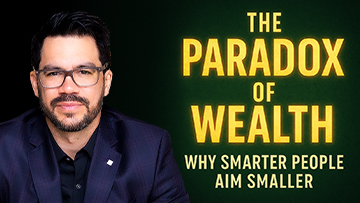 The Paradox of Wealth: Why Smarter People Aim Smaller
The Paradox of Wealth: Why Smarter People Aim Smaller -
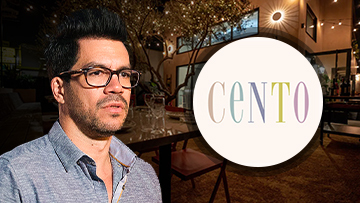 Mamma Mia in West Adams: Tai Lopez Finds LA's Pasta Holy Grail at Cento Pasta Bar
Mamma Mia in West Adams: Tai Lopez Finds LA's Pasta Holy Grail at Cento Pasta Bar -
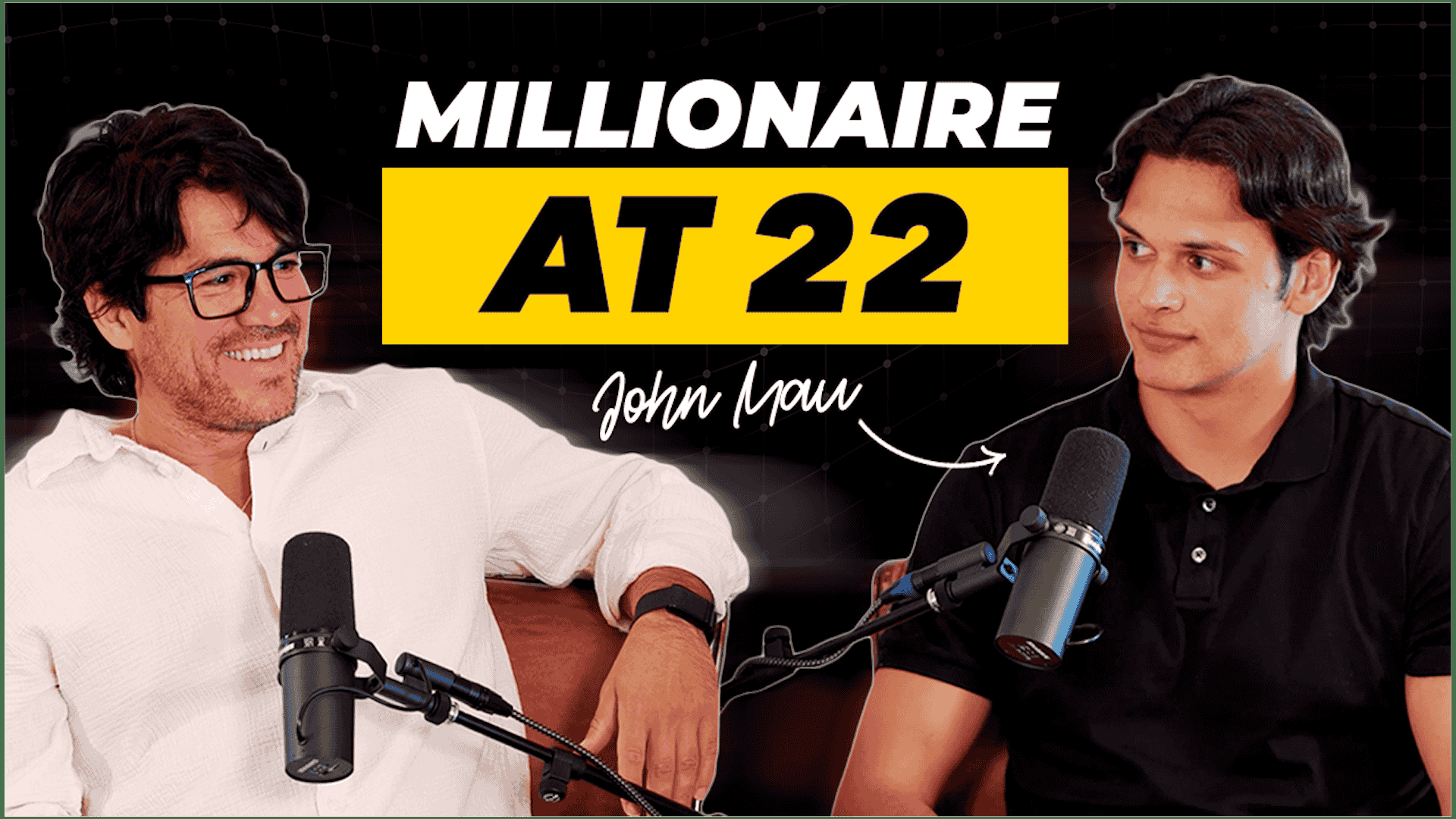 Sales Training, Scaling, and Breaking Objections: Tai Lopez with Johnny Mau
Sales Training, Scaling, and Breaking Objections: Tai Lopez with Johnny Mau

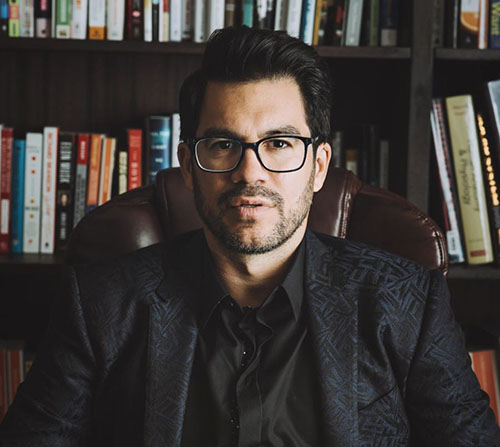
0 Comments